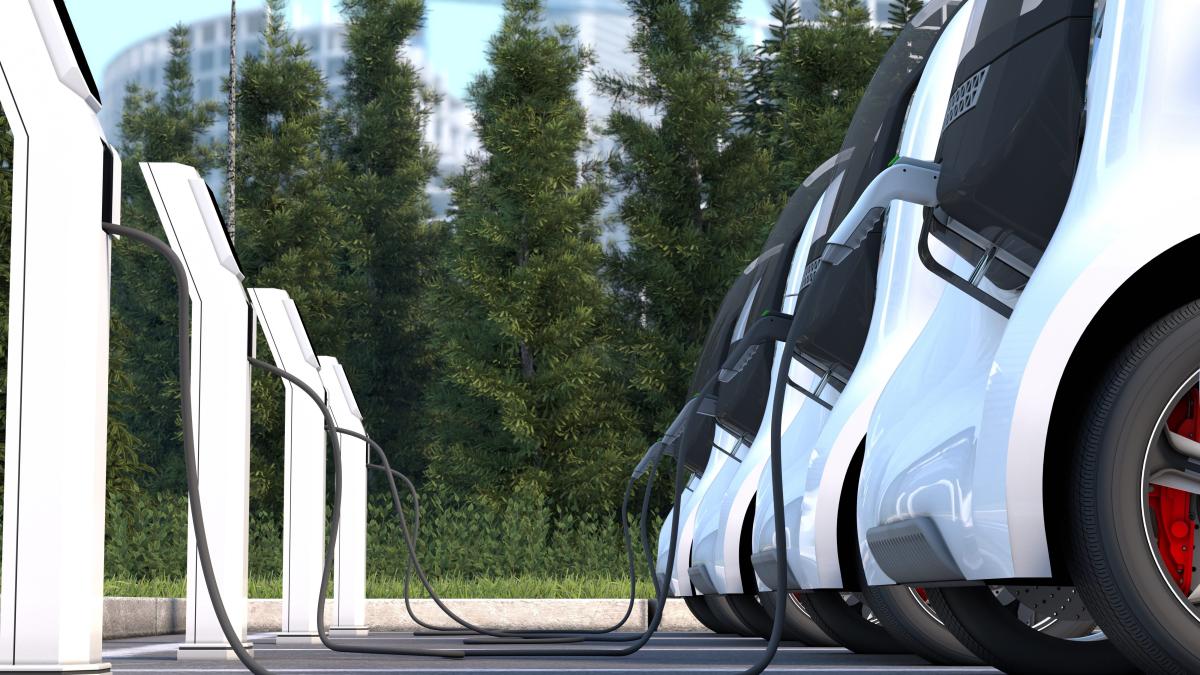This story was originally published by The Conversation and is reproduced here under a Creative Commons license.
John M. DeCicco, Ph.D., is a Research Professor Emeritus retired from the University of Michigan. His past work on vehicle efficiency was supported by environmental foundations and organizations.
President Biden has proposed ambitious goals for curbing climate change and investing in a cleaner U.S. economy. One critical sector is transportation, which generates 28 percent of U.S. greenhouse gas emissions – more than either electric power production or industry.
Shifting from cars that run on gasoline and diesel to electric vehicles, or EVs, is a key strategy to address transportation’s contribution to global warming. Industry watchers expect big federal investments in charging stations and tax credits for electric cars. But as Biden’s Day One executive order on climate and the environment recognized, an even greater priority is making gasoline vehicles more fuel-efficient.
My research focuses on energy problems, including transportation and climate change. I believe, though EVs are important, it’s emissions from the entire automobile fleet... Read more
